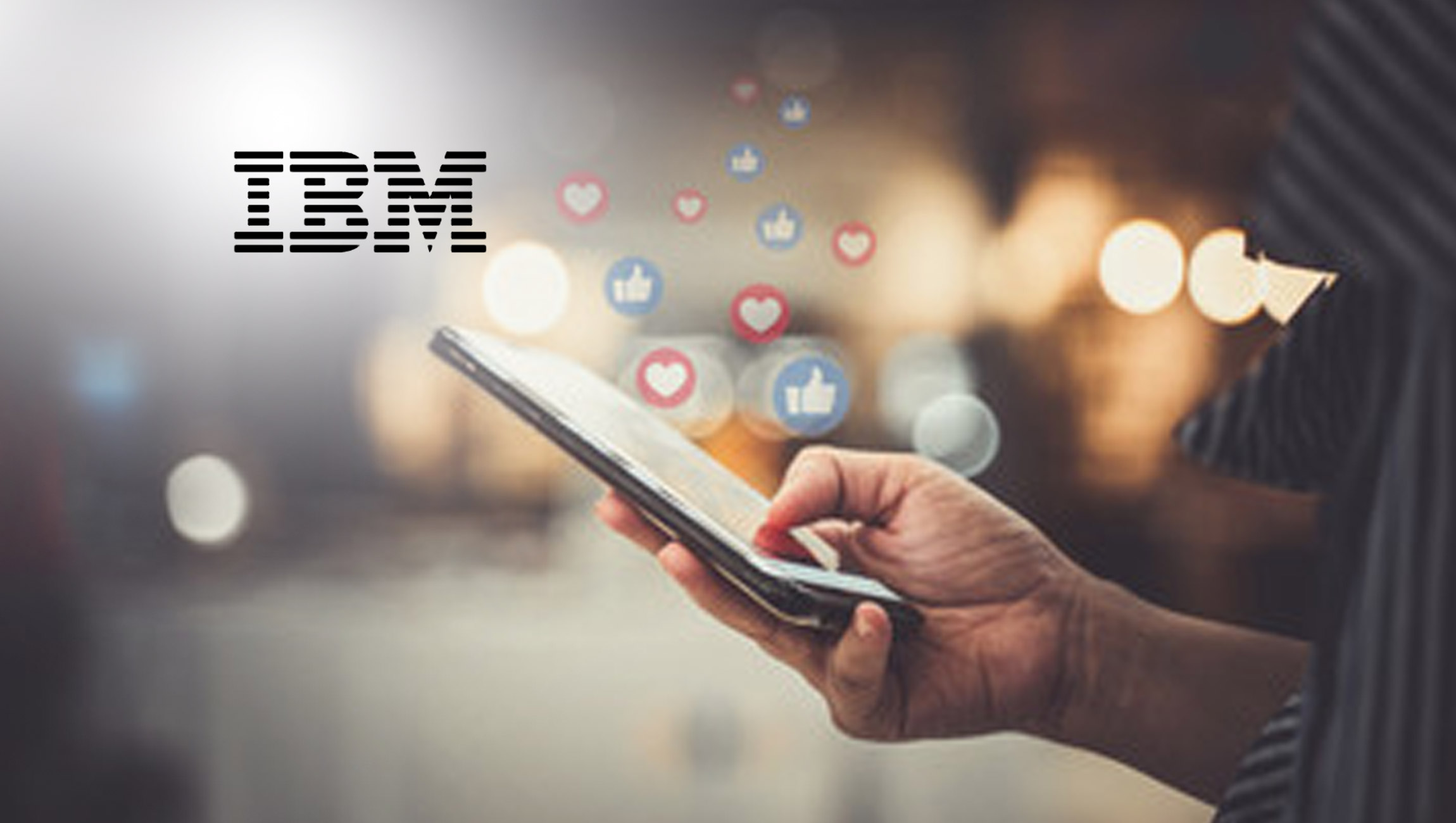Despite a year of intense global focus on social justice issues, nearly half of lesbian, gay and bisexual Americans recently surveyed by the IBM Institute for Business Value (IBV) stated they believed that their employer discriminates against people of their sexual orientation.
The new IBM study “Striving for authenticity,” conducted with Out & Equal Workplace Advocates and Workplace Pride, also found that discrimination is more pronounced where race, gender, and sexual orientation intersect. Across all surveyed racial identity groups, lesbian, gay and bisexual respondents see their sexual orientation as the primary driver of the discrimination they’ve personally experienced in the workplace.
Marketing Technology News: MarTech Interview with Steve Daheb, Chief Marketing Officer at ON24
Strikingly, a global IBM study of CEOs from earlier this year showed only 17 percent of CEOs surveyed ranked diversity and inclusion among the most important organizational attributes for engaging employees.
“There is much more corporations can do to support LGBT+ people’s career aspirations and allow them to bring their full selves to work,” said Ella Slade, IBM global LGBT+ leader. “Empathetic leadership and support for employees’ mental health with programs like Safe Spaces to Talk – which give employees in the LGBT+ community and others a safe place for sharing their experiences and gaining support – can help especially during the COVID-19 pandemic.”
“What we’re seeing is an authenticity gap. Too many LGBT+ people can’t show up as their authentic selves at work without facing negative consequences,” said Deena Fidas, Chief Program and Partnerships Officer for Out & Equal. “Too many can’t express their true gender identity. We are shining a light on this problem and providing employers with a roadmap they can use to address it.”
Respondents’ experiences of discrimination based on sexual orientation stratified along race lines
The study found that 74 percent of Black lesbian, gay and bisexual women surveyed believe their identity group is less successful than the general population. By contrast, among White men surveyed who did not identify as gay or bisexual, that figure drops to four percent.
In addition, while almost half of White lesbian, gay and bisexual respondents say they have experienced some discrimination based on their sexual orientation, only four percent respondents say they were discriminated against to a very great extent. For lesbian, gay and bisexual People of Color surveyed, this figure is closer to 20 percent.
Better support for LGBT+ professionals’ career growth is critical
According to the study, LGBT+ people continue to be underrepresented on executive teams in the U.S. – only seven percent of senior executives surveyed identify as lesbian, gay or bisexual. In addition, more than two in three lesbian, gay and bisexual respondents reported they don’t feel equipped to overcome professional challenges, and nearly two in three respondents said they have had to work harder to succeed because of aspects of their identity.
The COVID-19 pandemic placed an outsized burden on many lesbian, gay and bisexual caregivers surveyed
Though the COVID-19 pandemic’s massive shift to remote work and school affected many professionals with caregiver responsibilities, 43 percent of lesbian, gay and bisexual respondents said they have struggled balancing working from home with taking care of other family members amid the COVID-19 pandemic, compared with 34 percent of non-lesbian, gay or bisexual respondents.
Marketing Technology News: Bisees Information Systems Partners with Google Cloud to Provide a Revolutionary Business Data…
Action guide
The study provides recommendations on how organizations can help make sustainable progress in creating more inclusive workplaces:
- Fill the LGBT+ leadership pipeline. Corporate sponsorship and mentorship programs can elevate the voices of out members of the community and begin to address the LGBT+ leadership gap.
- Set clear expectations for employees. Communicate the need for respect and the business value of belonging in the workplace, and ensure leaders understand intersectionality—how different layers of oppression overlap in people’s lives. Organizations can offer guidance on how to use inclusive language, such as gender-neutral pronouns. A poll conducted during the Global LGBT+ Innovation Jam* found that 82 percent of participants surveyed said they feel more comfortable at work when other employees display their pronouns in email signatures and/or on messaging platforms.
- Institute non-discrimination policies and practices. From gender-neutral restrooms and dress codes to LGBT+-friendly family leave policies, corporate offerings can help create a more equal workplace. Leaders should conduct regular “equity” reviews of employer-provided benefits, including transgender-inclusive healthcare coverage, family benefits, retirement, travel and relocation, and more.
- Use brand eminence as a tool for positive change. Leverage the power of the corporate brand to support LGBT+ rights around the world. For example, partner with trade associations and NGOs, issue position statements, and directly lobby to further LGBT+ rights around the world.
IBM has a rich heritage in diversity and inclusion and continues to learn, grow, and make progress. IBM designs and implements many inclusive policies, collaboration tools and benefits to support IBM’s LGBT+ community, allies and families, from transgender-inclusive healthcare benefits to training and certification programs about LGBT+ inclusivity to more than 50 LGBT+ employee resource groups around the world. IBM has also worked globally to secure equal rights protections for the LGBT+ community, including in the U.K., Hungary, Poland, Costa Rica, and Panama.
Methodology
The “Striving for Authenticity” study polled more than 6,000 United States-based professionals, including 700 individuals who self-identified as gay or lesbian (73 percent) or bisexual (27 percent). 24 percent of respondents identified as Black, 24 percent of respondents identified as Hispanic, 24 percent of respondents identified as White, 24 percent of respondents identified as Pan-Asian and four percent of respondents identified as Native American.
*In addition to the quantitative survey, the IBV hosted a global two-day virtual conversation – the Global LGBT+ Innovation Jam – in cooperation with Out & Equal and Workplace Pride, in which more than 2,000 business leaders, subject matter experts, and thought leaders—LGBT+ and allies—provided additional perspective. The survey results did not allow us to assess the multitude of gender identities across the spectrum. The qualitative data from the Jam better articulates these experiences.
Marketing Technology News: MarTech Interview with Euan Blair, Founder of Multiverse











